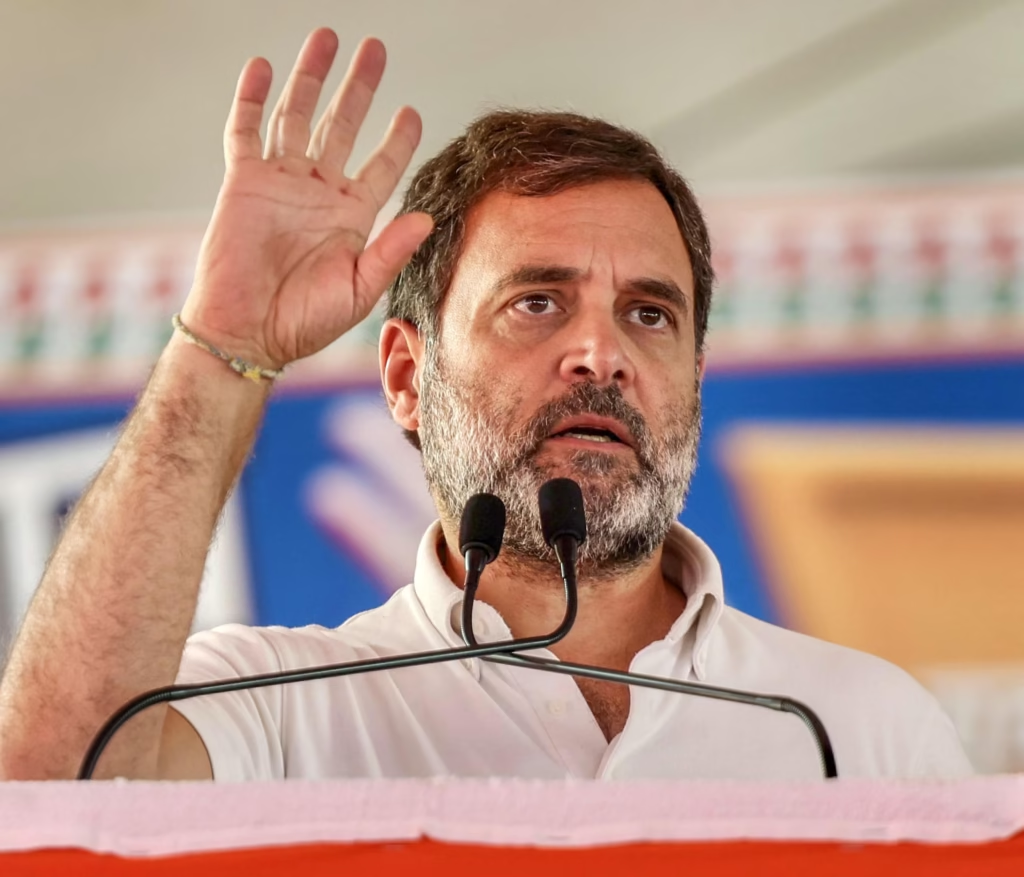
Indian National Congress (INC) and Its Presidency: Influence and Leadership
Introduction
The Indian National Congress (INC) is one of India’s oldest and largest political parties, founded in 1885. Over the years, it has played a pivotal role in India’s independence movement and shaped the country’s post-independence politics. The Congress Presidency holds significant influence within the party, setting its political agenda, strategy, and leadership direction. Historically, the presidency has often been held by members of the Nehru-Gandhi family, which has maintained a strong hold over the party’s leadership.
The Importance of the Congress Presidency
The role of the Congress President is crucial in determining the party’s electoral strategy, policymaking, and national alliances. Since its inception, INC has seen various leaders take charge, but the Nehru-Gandhi family has remained central to the party’s leadership. This has led to debates about dynastic politics but has also ensured continuity in the party’s ideology and governance approach.
Rahul Gandhi’s Role in the Congress Presidency
Vice President and Rise to Congress President
Rahul Gandhi, a prominent figure in Indian politics, has played a significant role within the Indian National Congress. His leadership journey within the party includes key milestones:
- 2013 – Appointed as Vice President: Rahul Gandhi officially took on a larger leadership role when he was appointed as the Vice President of the INC. This marked his entry into active leadership, signaling a generational shift in the party’s leadership structure.
- 2017 – Became Congress President: Rahul Gandhi succeeded his mother, Sonia Gandhi, as the President of the INC in December 2017. His elevation to the presidency was seen as an attempt to modernize the party and attract younger voters.
Challenges Faced as Congress President
Despite his leadership, Rahul Gandhi faced immense political challenges, particularly against the rising dominance of the Bharatiya Janata Party (BJP) under Prime Minister Narendra Modi. Some of the major challenges include:
- Electoral Defeats:
- The Congress Party suffered a historic defeat in the 2014 general elections, securing only 44 seats in the 543-member Lok Sabha.
- In the 2019 general elections, the party’s performance did not improve significantly, leading to another landslide victory for the BJP.
- Lack of Strong Regional Leadership:
- The party struggled to build regional leadership that could effectively challenge the BJP in key states.
- Allegations of Weak Leadership:
- Critics argued that Rahul Gandhi’s leadership lacked the aggression and political strategy needed to counter the BJP’s stronghold.
Resignation as Congress President
Following the Congress Party’s poor performance in the 2019 elections, Rahul Gandhi resigned from the presidency, taking responsibility for the defeat. In his resignation, he emphasized the need for a non-Gandhi leader to take charge of the INC. However, Sonia Gandhi later returned as the interim president to ensure party stability.
Post-Presidency Influence
Although Rahul Gandhi stepped down from the formal role of Congress President, he continues to play a key role in the party’s affairs:
- Political Campaigns & Speeches:
- His rallies and public addresses remain central to the party’s strategy against the BJP.
- He has continued to raise issues such as economic distress, unemployment, and farmers’ protests.
- Bharat Jodo Yatra (2022-2023):
- Rahul Gandhi led the Bharat Jodo Yatra, a nationwide foot march aimed at reviving the Congress Party’s grassroots presence.
- The movement gained significant attention and was seen as an attempt to reconnect with voters across the country.
- Influence on Party Policies:
- Many within the party still see him as a de facto leader, influencing key policy decisions and election strategies.
Future Role in the Congress Party
Speculation continues regarding whether Rahul Gandhi will formally return as the Congress President or support another leader for the position. His future role will be crucial in shaping the INC’s political strategy against the BJP in upcoming elections.
Conclusion
The Indian National Congress remains a key player in Indian politics, with the Congress Presidency playing a vital role in shaping its future. Rahul Gandhi’s tenure as Congress President was marked by electoral challenges, political struggles, and internal party debates. Despite stepping down, he remains one of the most influential figures in the INC, with a strong say in the party’s strategic decisions. As the Congress Party continues to evolve, Rahul Gandhi’s role will be a defining factor in its political trajectory.